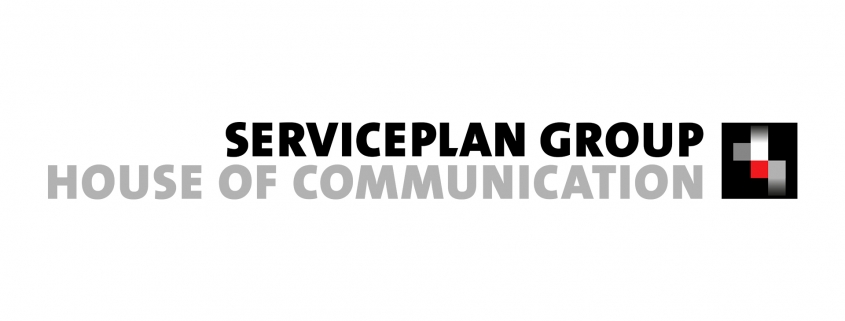Climate change is blurring the boundaries between the seasons, and the search engine business is also facing major upheavals. While autumn still feels like spring, we are looking to the future with SEO News for the month of October.
The profanation of search engine optimisation
Fire has set us apart from the rest of creation, the steam engine has accelerated our lives, artificial intelligence is killing millions of jobs and the mysterious world of search engines is finally becoming a self-service store. From the outside, our SEO industry is still surrounded by an aura of mystery. Search engine optimisers always enjoyed playing the part of a sort of guardian of this powerful knowledge, who, with the help of magical formulas and actions, could influence the abstract nature of the search engine, at least to a certain extent. An ability that required a minimum level of secret knowledge and a huge wealth of experience.
But now both Google and Bing have announced that webmasters will have more control over how their content is displayed on search results pages. In a blog post, Google has announced a new set of attributes, which enable concrete restriction of the content shown on the results page – the so-called snippet – and can define them in advance for optimal presentation. This is all covered under the title “More controls on searches”. Using structured data, content providers hosting news sites and video portals in particular can more precisely control the preview of their offerings. In addition to a better display in search results, this step is also a peace offering in the conflict between search engines and website operators when it comes to the use of content in snippets and the growing number of ‘no-click-searches’. These allow user’s information requirements to be satisfied on Google’s pages already, without the click being forwarded to the source page.
Microsoft moved on to offer a feature that will help website owners to not just submit a list of URLs directly to the BING search engine, but that will also push content such as text, images, and videos directly. Again, this marks a departure from the two-decade-old paradigm that search engines trawl through content itself to assess relevance and timeliness.
Organic searches in the auction process
So, is it the case that the profanation of search engine optimisation is creeping into our house, in the course of which organic results will not be more than the sum of webmaster submissions through various self-service tools from the major search providers?
At the Bay Area Search Meetup search engine conference in San Francisco,Google’s house-elf Gary Illyes surprisingly outlined an interesting analogy that fits well with this development. According to Illyes, organic searches can be considered like an auction model similar to paid search ads. Instead of a monetary bid, each search hit provides a combination of different arguments that qualify it for the results display. After examining these signals for intention, relevance and quality, the available organic search positions are distributed using these non-monetary bids. Only a limited inventory is available in different intentions categories. For example, if it is a transactional search, such as “Samsung Galaxy S10 without a contract”, a site with a purely informational bias and no opportunity to convert will be excluded from the auction in advance.
Of course, the comparison of paid ad auctions and organic searches is exaggerated, and SEO will not be reduced to clever use of the right tools from Google, Bing, etc. in the future. However, the organisation of information is the central task of search engines and the influence of artificial intelligence on these processes can already be seen to a huge extent today. The boundary between paid ads and organic search services will continue to blur both technically and economically. Monitoring the resulting opportunities for synergy will be one of the key challenges for search engine optimisation in the coming years.


